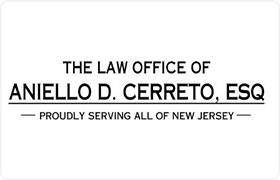FOSTER CARE
Court-ordered care provided to children who are unable to live in their own homes, usually because their parents have abused or neglected them. Foster parents h...
(more...)Court-ordered care provided to children who are unable to live in their own homes, usually because their parents have abused or neglected them. Foster parents have a legal responsibility to care for their foster children, but do not have all the rights of a biological parent--for example, they may have limited rights to discipline the children, to raise them according to a certain religion or to authorize non-emergency medical procedures for them. The foster parents do not become the child's legal parents unless the biological parents' rights are terminated by a court and the foster parents adopt the child. This is not typically encouraged, as the goal of foster care is to provide temporary support for the children until they can be returned to their parents. See also foster child.
 x
x

 Aniello Cerreto Manalapan, NJ
Aniello Cerreto Manalapan, NJ AboutThe Law Office of Aniello D. Cerreto, Esq.
AboutThe Law Office of Aniello D. Cerreto, Esq. Practice AreasExpertise
Practice AreasExpertise
